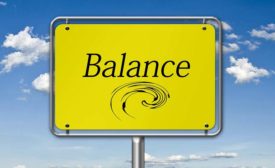Home » stress management
Articles Tagged with ''stress management''
Workplace rudeness goes home, affects children
Incivility in the workplace associated with more negative parenting behaviors at home, study says
August 16, 2018
Why employers often get worker wellbeing wrong
Integrating health and safety can lead to greater employee wellbeing
March 6, 2018
Become a Leader in Safety Culture
Build your knowledge with ISHN, covering key safety, health and industrial hygiene news, products, and trends.
JOIN TODAYCopyright ©2024. All Rights Reserved BNP Media.
Design, CMS, Hosting & Web Development :: ePublishing








